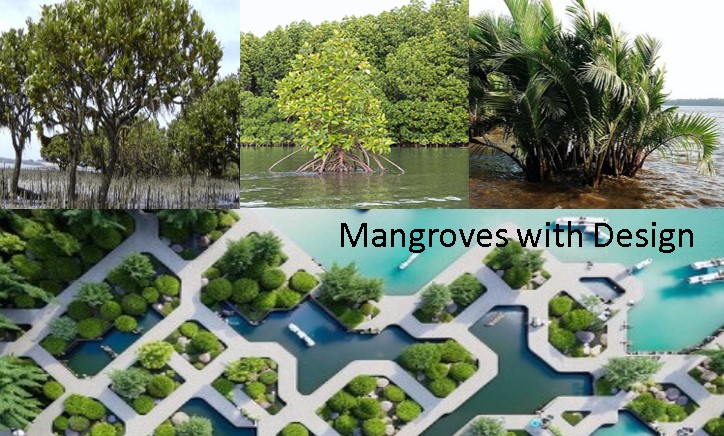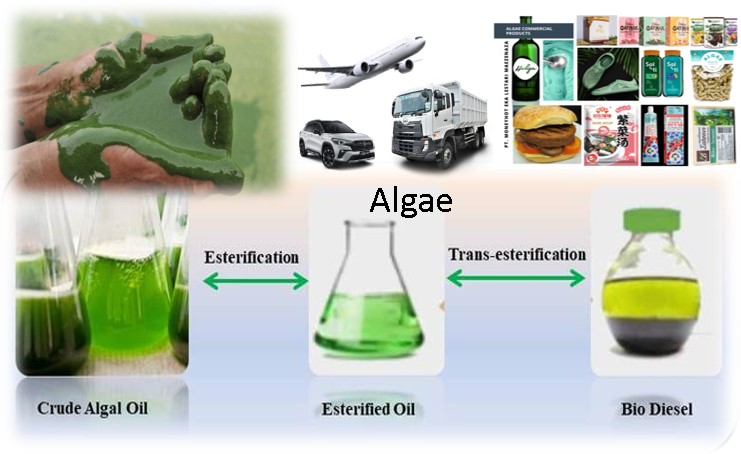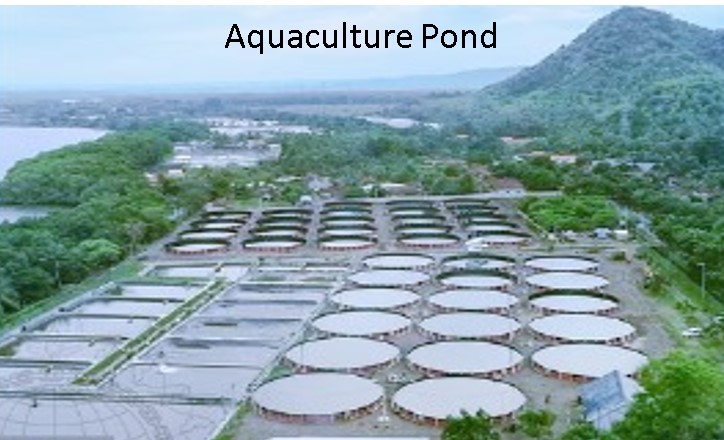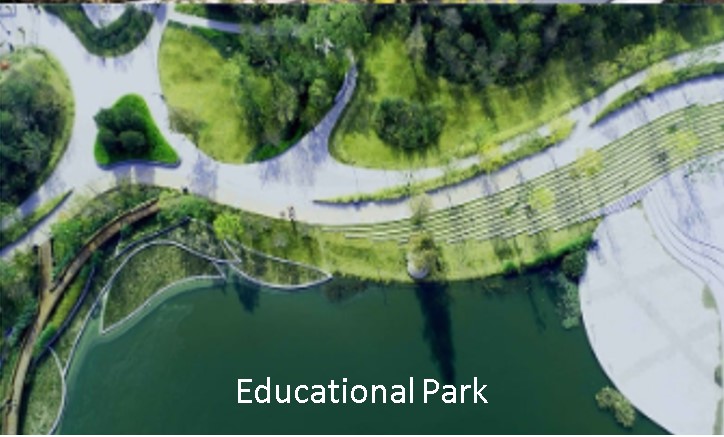About us
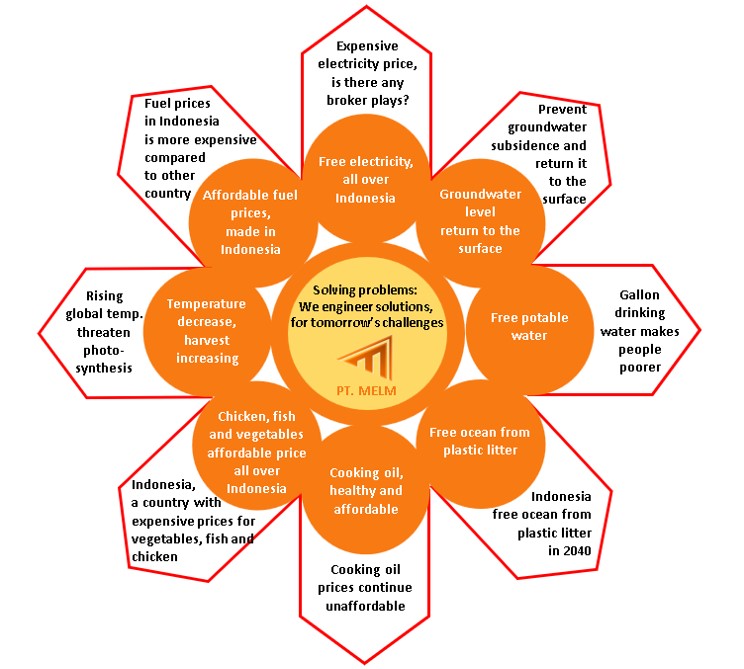
Solving problems:
We engineer solutions for tomorrow’s challenges
Indonesia faces a complex web of challenges that go beyond the already critical issue of climate change. Widespread pollution of land, water, and air is a persistent problem across the archipelago, driven by rapid urbanization, industrial activities, inadequate waste management, and agricultural runoff. Economic pressures further complicate the situation. High living costs and a continued reliance on imports strain household budgets and lower the standard of living for many Indonesians. Natural disasters are another major concern. Indonesia’s geographic position on the Pacific Ring of Fire makes it highly susceptible to earthquakes, volcanic eruptions, tsunamis, and landslides. Climate change intensifies these risks, increasing the frequency and severity of extreme weather events such as floods, droughts, and forest fires. And as an archipelagic nation, Indonesia is also acutely vulnerable to tidal flooding, coastal erosion, and the sinking of small islands. Rising sea levels and land subsidence, particularly in densely populated coastal cities like Jakarta,
threaten infrastructure, livelihoods, and even the very existence of some communities. Indonesia’s challenges are deeply interconnected: environmental pollution, economic hardship, frequent disasters, and existential threats from rising seas all demand urgent, integrated solutions alongside climate change mitigation and adaptation efforts. Tackling climate change at the regional level requires tailored, integrated strategies that consider the unique environmental, social, and economic characteristics of each area. Moneyhot Eka Lestari Maezenaza is engineering a comprehensive solution for tomorrow’s climate challenges by accelerating renewable energy adoption, implementing nature-based carbon sequestration, deploying green technologies in key sectors, and securing innovative climate financing. These integrated strategies position Indonesia to meet its emission reduction targets while fostering sustainable development and resilience.
Why indonesia
Indonesia's critical climate change problems that must be resolved
Major Carbon Contributor to Greenhouse Gas Emission, Indonesia is the 6th largest carbon emitter in the world, driven by emissions from energy, land-use change, extensive deforestation, and peatland degradation. Its emissions trajectory has a significant influence on global efforts to keep temperature rise below 1.5°C
Based on the World Bank's Atlas of Sustainable Development Goals 2023, Indonesia is the world’s 5th largest generator of plastic waste in the ocean from the 2020-2023 period. Indonesia generated around 65.2 million tons of plastic waste into the sea in 2020. A researcher at the Oceanography Research Center of the National Research and Innovation Agency (BRIN) Muhammad Reza Cordova disclosed that plastic waste from Indonesia might reach the African Sea in less than a year. "It could even reach the South Atlantic Ocean in less than five years," said Reza.
Illegal fishing itself does not directly trigger harmful algal blooms (HABs), but it can contribute indirectly by disrupting marine ecosystems in ways that promote HAB development. Scientific evidence shows that overfishing—which can include illegal, unregulated, and unreported fishing—reduces populations of predatory and herbivorous fish that normally help control algal growth by grazing on algae or regulating food webs. This disruption can lead to increased algal biomass and make ecosystems more susceptible to blooms
Coral reefs play a crucial role in carbon storage by accumulating carbon in the form of calcium carbonate (CaCO3) in their skeletons. It is estimated that coral reefs globally sequester between 68 and 88 million tons of carbon annually, acting as significant carbon sinks despite also releasing some CO₂ during calcification. When coral reefs are damaged or degraded, their ability to store carbon diminishes, which can lead to increased carbon release into the ocean and atmosphere, exacerbating climate change. If coral reefs in Indonesia are damaged, the ocean’s capacity to store carbon decreases, potentially releasing more CO₂ and weakening the ocean’s role in mitigating global warming.
Reliance on Fossil Fuels and Energy Sector Emissions, despite commitments to renewable energy, Indonesia still depends heavily on coal for electricity generation, contributing substantially to carbon emissions. Slow progress in transitioning to clean energy hampers emission reduction efforts.
Loss of tropical forests, mangroves, and peatlands reduces carbon sequestration capacity and harms biodiversity. Ecosystem degradation also weakens natural defenses against climate impacts.
While global ocean acidification is primarily driven by increased carbon dioxide (CO₂) absorption from the atmosphere, high levels of waste pollution—especially from organic waste and nutrient runoff—can further exacerbate local acidification. When waste, such as sewage, agricultural runoff, and plastics, enters the ocean, it can fuel algal blooms. As these blooms die and decompose, they consume oxygen and release CO₂, which lowers the pH of surrounding waters even more
Indonesia's key advantages to solve global climate change
Indonesia hosts some of the largest tropical forests, peatlands, and mangrove ecosystems globally, which are critical carbon sinks. Protecting and restoring these ecosystems—such as through extending the forest moratorium and peatland restoration—can reduce emissions by hundreds of millions of tons of CO₂ annually. For example, expanding the forest moratorium could cut emissions by up to 437 MtCO₂ by 2030, even more.
The rainy and dry seasons are crucial for carbon absorption in Indonesia because they regulate plant growth cycles and ecosystem productivity, which directly influence how much carbon is captured from the atmosphere. These two seasons create a climate that supports continuous or multiple cropping cycles and sustained vegetation growth, enabling plants to absorb carbon almost year-round. This seasonal pattern helps maintain Indonesia’s role as a significant carbon sink, particularly through its vast tropical forests, peatlands, and coastal ecosystems, which are vital in mitigating climate change.
Indonesian government is actively open to investors in climate change-based programs. It has launched innovative initiatives like the Climate Resilience Fund (CRF) “DINFRA” to attract both public and private investment to support nature-based solutions such as reforestation, mangrove restoration, and peatland rehabilitation. These efforts aim to close the multi-billion dollar financing gap needed to meet Indonesia’s climate targets under the Paris Agreement, including achieving net-zero emissions by 2060 or sooner. So Indonesia is positioning itself as an attractive destination for climate-related investments, with government-backed funds, regulatory support, and clear climate goals to engage investors in advancing the country’s green transition.
Indonesia’s renewable energy future is promising, driven by abundant natural resources, growing economic viability of projects, and strong government commitments to decarbonization and energy transition. Indonesia aims to increase the renewable share of its energy mix beyond 23% by 2025, with plans to reach up to 50% by 2030, phasing out fossil fuels by 2040 and achieving net-zero emissions by 2060. However, realizing this potential requires overcoming regulatory, financial, and infrastructure challenges to scale up clean energy deployment rapidly.
Plastic waste is an abundant source of potential electricity generation in Indonesia, with inorganic plastic-type waste contributing about 14% of the total waste-to-energy potential. This makes plastic waste one of the highest contributors to electrical energy production from municipal solid waste in the country. Indonesia’s large daily waste production, including significant amounts of plastic, supports the development of waste-to-energy plants that convert plastic waste into electricity, helping to address both waste management and renewable energy goals
Indonesia is actively shifting towards biodegradable, recyclable, and reusable packaging alternatives, such as seaweed-based packaging or cassava biodegradable plastics to replace conventional plastics. Indonesia’s vast coastline and status as the world’s second-largest seaweed producer provide a strategic advantage for large-scale seaweed cultivation, which acts as a significant carbon sink by absorbing CO₂ rapidly. So is cassava. With ongoing innovation, supportive policies, and Indonesia’s natural resources, the country is well-positioned to lead globally in sustainable biodegradable, recyclable, and reusable packaging, contributing to climate change mitigation and plastic pollution reduction.
Indonesia, with its vast carbon storage capacity estimated between 400 to 600 gigatons—enough to store its emissions for nearly 500 years—is exceptionally well-positioned to lead global efforts in reducing world temperatures. This geological advantage, supported by strong government regulations and growing international investments in Carbon Capture and Storage (CCS) technology, makes Indonesia a strategic hub for large-scale CO₂ sequestration. By capturing and storing carbon both domestically and potentially from neighboring countries, Indonesia can significantly contribute to mitigating climate change and lowering global temperatures.
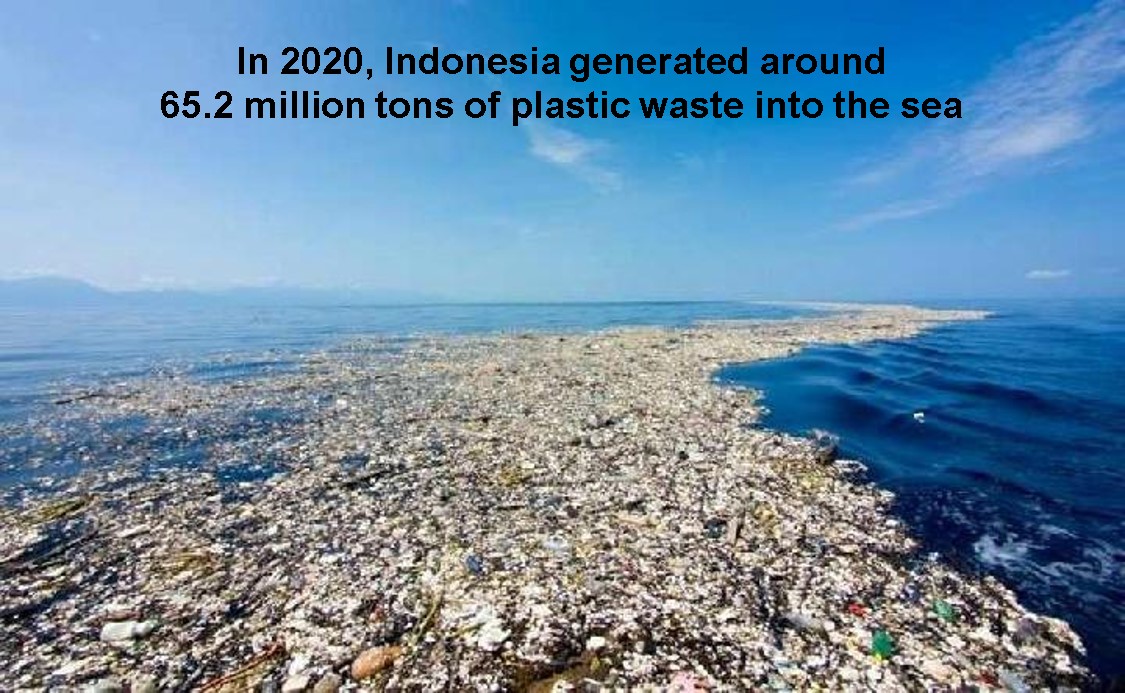
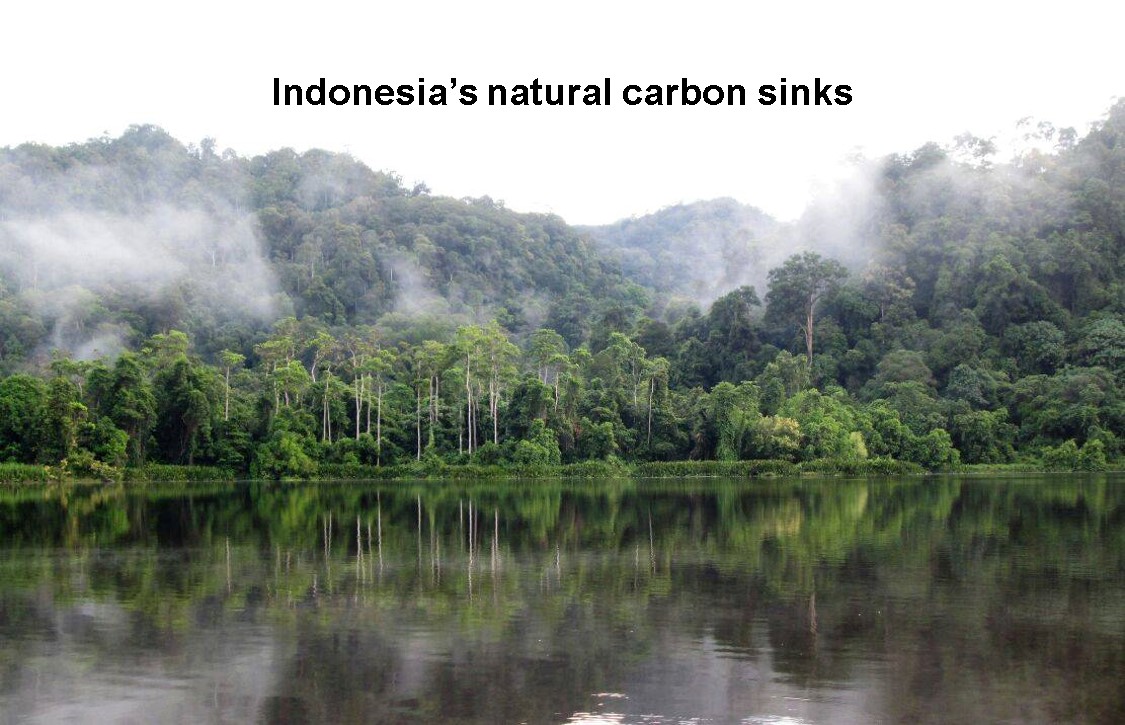
Join Us
to fix the world from indonesia
Maximizing Land Capacity for Climate Change Mitigation.
Tackling climate change at the regional level requires tailored, integrated strategies that consider the unique environmental, social, and economic characteristics of each area. Maximizing land’s ability to mitigate climate change requires a holistic, region-specific approach. By integrating peatland conservation, soil quality improvement, land rehabilitation, and sustainable planning —with active community involvement— regions can enhance carbon sequestration, reduce emissions, and build resilience for both people and nature.
Our program
Superhero
Mega Money from heat

PT. Moneyhot Eka Lestari Maezenaza
Jl. Raya Darmo Harapan No. 1, Surabaya - Jawa Timur
Tel: +62 813 3381 5799, +62 811 991 4884
